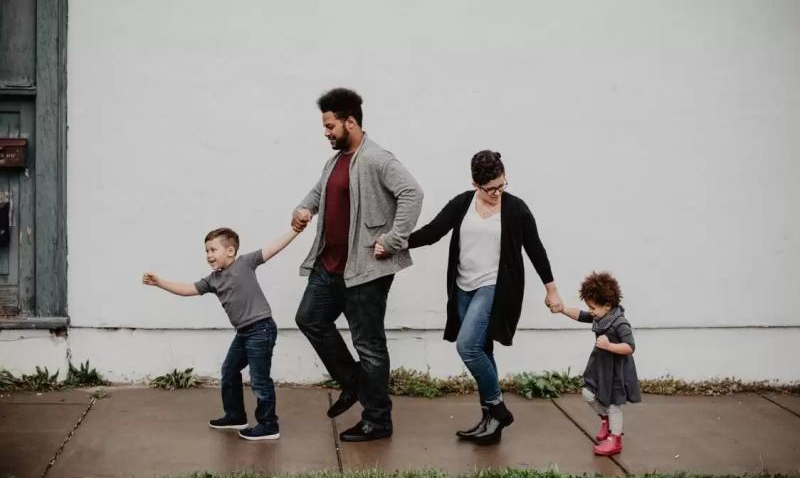
Should you tell children about family problems, and how to protect them
0
After the birth of children, problems in a couple cease to be only yours. We understand whether it is necessary to hide conflicts with a partner from children, how to talk to them about problems in a relationship and how to help a child not to blame himself for family troubles.
Few people are used to sharing adult problems with children. It is believed that by hiding from them financial difficulties or conflicts between family members, we protect them from unnecessary worries. But according to psychologist Dr. Deborah Roth Ledley, this strategy is often flawed. If it is not about a one-time small conflict, but about a serious discord, most likely, the child already guesses that all is not well in the family.
In her years of working with children, Ledley has learned that they are indeed very perceptive, even at a very young age.
“When I meet with parents, they may say, “We often fight, but never in front of the children. ” or “We really conflict in our marriage, but the children don't know,” says the psychologist. – And then when I meet with the children alone, they say things like: “I hear my parents fighting at night” or “I'm worried that my parents are going to divorce.”
You can try to protect the child from negativity and hide the conflict, but most likely he will feel it. It is more important not to leave her alone with her guesses and feelings, and for this you will have to talk frankly.
Before deciding whether or not to bring children into your relationship with your partner, Dr. Ledley recommends looking at several factors. Yes, younger children are easier to protect from bad information than older ones. Do not think that if the child does not notice anything from the appearance, then it is so. It is far from always that a close enough contact is established between the parents and the child, so that she can immediately tell them about all her experiences.
Estimate the scale and duration of the difficulties that you and your partner are going through. Every family has difficult periods, that's normal, and not all of them make sense to talk about with the child. But when it comes to long-term problems that also affect your entire family, children have the right to know the truth.
Try to start with simple things and find out what the child knows and thinks about your quarrel. For example, you can ask: “I think you heard me and dad swearing yesterday, does it bother you?”. When asking questions, we proceed from the self-confident opinion that we know that the child noticed everything and how he interpreted it. When you understand what the baby heard and how he understood it, you will be able to choose the right thing to say to him.
Arguing with children is a bad habit, but everything in life is more complicated than in parenting manuals. Every day, you and your partner have to solve many household issues, and here disputes and problems are inevitable. In addition, not all families have the physical opportunity to talk alone, for example, when the family lives in two rooms.
According to the psychologist, it is not so much the absence of conflicts that is important, but the way you communicate. How polite you are when talking to your partner, what vocabulary you use (for example, there are phrases that you absolutely should not say during an argument).
People can disagree with each other and still speak respectfully. Show children that parents can argue, argue, be emotional, and then return to a calm, friendly demeanor within a reasonable amount of time. This will help the child model good skills for regulating emotions – he will see firsthand what it's like to hold his own.
Moreover, children will react less sharply to your conflicts if they know that you will approach an argument with respect. and return to the emotional state. Ideally, after an argument, both of you should come to the children, say that, unfortunately, you could not cope with the emotions, but you love them and everything is fine between you.
We are often careless in discussing conflicts in the presence of children. Phrases: “Everything was fine before the birth of the child”, “Family takes a lot of energy” and the like can make children think that they are the cause of your problems. Try with your partner not to blame each other and not to drag the children in different directions. Convince the child that what is happening to you is not his fault, that no conflicts will change your love for the baby.









Leave a Reply